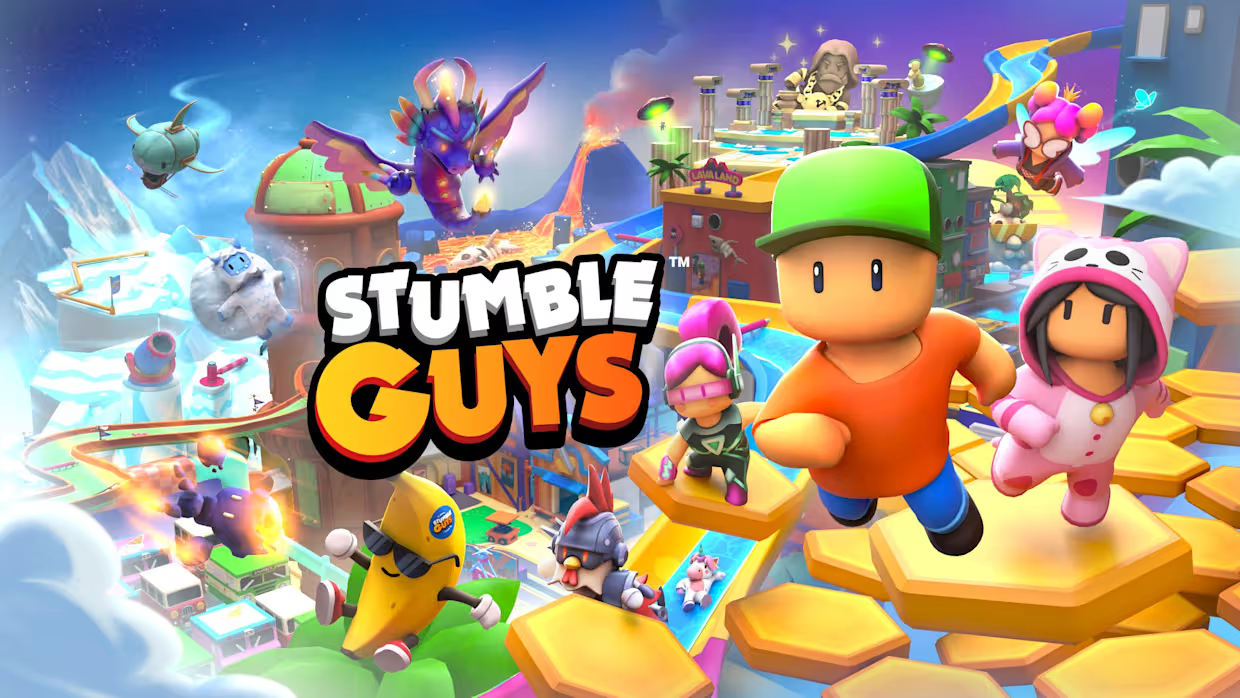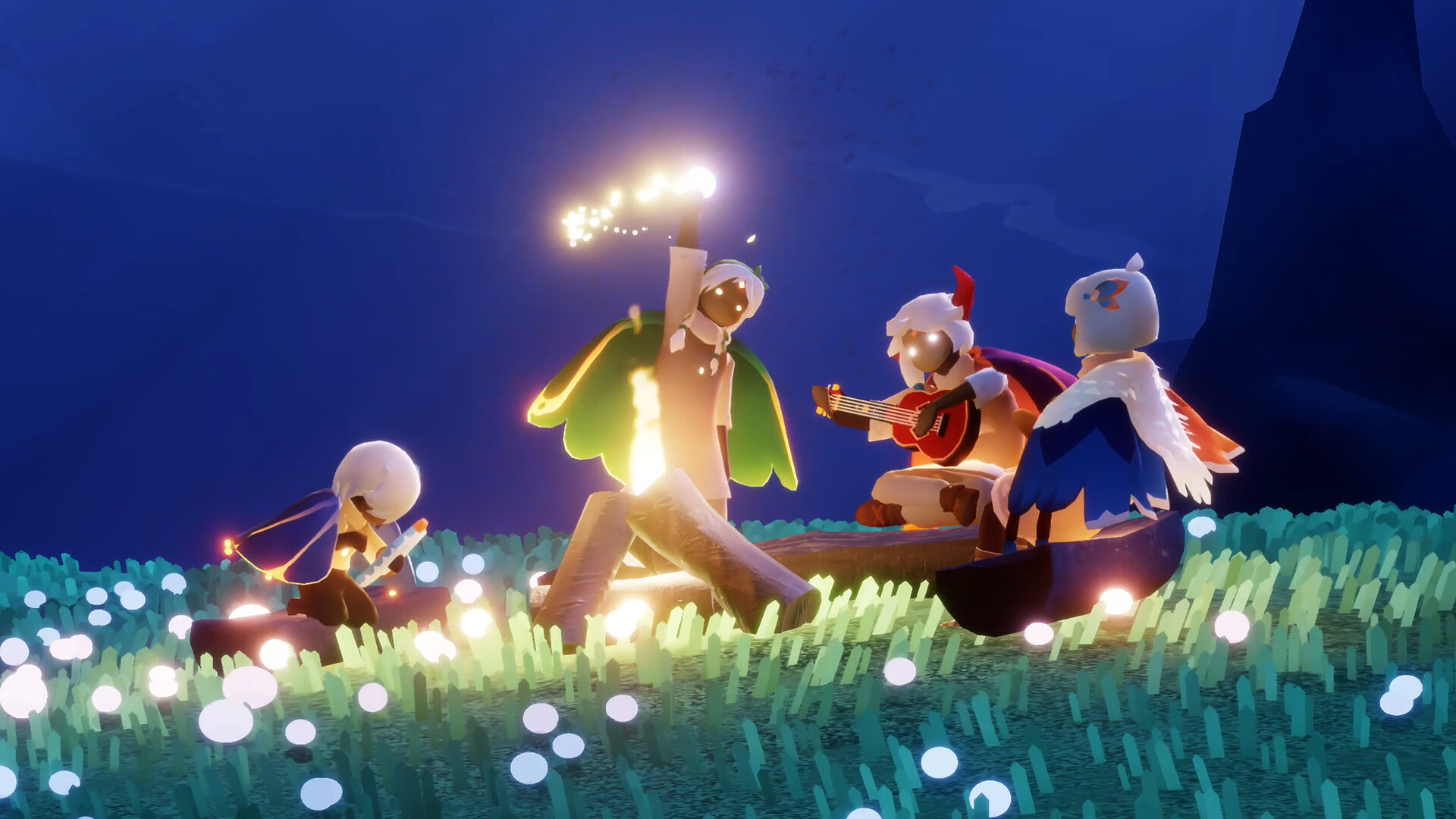reddeadplace.com – Fortnite, developed by Epic Games, is one of the most influential and widely played video games in the world. Since its release in 2017, Fortnite has grown from a simple battle royale game to a cultural phenomenon, captivating millions of players across the globe. With its free-to-play model, colorful art style, and dynamic gameplay, Fortnite has revolutionized the gaming industry and become a central part of popular culture. In this article, we’ll take a closer look at what makes Fortnite so special, how it became a global sensation, and its impact on gaming and beyond.
The Birth of Fortnite
Fortnite was initially released in 2017 in two separate modes: Save the World (a cooperative survival mode) and Battle Royale, the latter of which would go on to redefine the game’s success. While the “Save the World” mode was met with moderate success, it was the Battle Royale mode that truly took off.
Battle Royale, inspired by the “last man standing” gameplay of titles like PlayerUnknown’s Battlegrounds (PUBG), quickly became the dominant mode, offering a free-to-play experience with a vibrant and cartoony twist. The game’s premise is simple: 100 players drop onto an island, battle to be the last player (or team) standing, and avoid being caught in an ever-shrinking storm zone.
Key Features that Made Fortnite a Hit
Several factors contributed to Fortnite’s immense success:
- Free-to-Play Model: One of Fortnite’s standout features is its free-to-play approach. Players can download and enjoy the Battle Royale mode without spending a dime, while optional purchases for cosmetics (like skins, emotes, and back bling) create a lucrative revenue model for Epic Games. This approach allowed Fortnite to reach a broad audience, including younger players and casual gamers.
- Cross-Platform Play: Fortnite broke down platform barriers by allowing cross-platform play. Players on PlayStation, Xbox, PC, Nintendo Switch, and even mobile devices can compete together, creating a unified global community.
- Dynamic Updates and Events: Epic Games has kept Fortnite fresh by frequently updating the game with new content, such as weapons, skins, and limited-time game modes. Additionally, Fortnite regularly hosts live, in-game events, like concerts, collaborations with famous franchises (Marvel, Star Wars, etc.), and narrative-driven updates. These events draw attention to the game beyond its core player base, often making headlines.
- Building Mechanics: Fortnite’s building mechanics set it apart from other battle royale games. Players can harvest resources from the environment and use them to construct structures such as walls, ramps, and towers. This added a layer of strategy and skill to the traditional battle royale formula, allowing for creative tactics and player innovation.
- Appealing Art Style and Accessibility: Fortnite’s colorful, cartoonish art style made it approachable for a wide audience, including younger players. Unlike some of its competitors, which adopt a more realistic visual style, Fortnite’s design was intentionally vibrant and light-hearted, contributing to its family-friendly appeal.
The Cultural Impact of Fortnite
Fortnite has had a massive influence on gaming culture and mainstream media. From viral dance challenges on social media to collaborations with major brands and celebrities, Fortnite has established itself as more than just a game.
- Pop Culture Integration: Fortnite has collaborated with numerous pop culture icons, including Marvel superheroes (such as Thanos and Spider-Man), Star Wars characters (like Darth Vader), and even music artists (Marshmello, Travis Scott, and Ariana Grande). These partnerships have helped Fortnite reach an audience far beyond the traditional gaming demographic.
- Live Events and Concerts: One of Fortnite’s biggest innovations is its ability to host live, in-game events that blend gaming with entertainment. In 2019, Fortnite held an in-game concert with DJ Marshmello, attracting millions of players. In 2020, the game featured a virtual concert by Travis Scott, which became a groundbreaking moment in both gaming and virtual concert history, attracting over 12 million players in a single event.
- Streaming and Content Creation: Fortnite’s success has been driven in part by its popularity on streaming platforms like Twitch and YouTube. Professional gamers, streamers, and content creators have become influential figures, thanks to their skill, creativity, and entertainment value within Fortnite. The game’s accessibility and high skill ceiling have contributed to its enduring presence on streaming platforms, with players regularly tuning in to watch competitive matches, tutorials, and fun moments.
- Esports and Competitive Gaming: Fortnite has also made a significant mark on the world of esports. In 2019, the Fortnite World Cup offered a prize pool of $30 million, making it one of the largest prize pools in gaming history. The competitive scene for Fortnite remains active, with numerous tournaments hosted by Epic Games and other organizations.
Challenges and Criticism
Despite its widespread success, Fortnite has faced some criticism and challenges. Some parents have expressed concerns about the game’s addictive nature, its in-game purchases, and the influence of microtransactions. Others have noted that the game’s competitive nature can be overwhelming for new players, especially with the advanced building mechanics and constant updates.
Additionally, Fortnite’s popularity has led to its involvement in controversies related to data privacy and excessive screen time, particularly with younger players. Epic Games has taken steps to address these concerns by introducing parental controls and promoting healthy gaming habits.
The Future of Fortnite
As Fortnite approaches its seventh year of existence, it shows no signs of slowing down. Epic Games has committed to keeping the game fresh and engaging through regular updates, new collaborations, and innovative events. The integration of new technologies, such as virtual reality (VR) or even more advanced cross-platform features, could further elevate the Fortnite experience.
Moreover, with the rise of new gaming trends such as the metaverse, it’s possible that Fortnite could expand into a digital world that blends gaming, socializing, and entertainment in unprecedented ways.
Conclusion
Fortnite is more than just a game; it’s a cultural icon that has reshaped the landscape of modern gaming. From its free-to-play model to its innovative in-game events, Fortnite continues to evolve and capture the imagination of millions around the world. Whether you’re a casual player, a competitive gamer, or someone who simply enjoys its pop culture impact, Fortnite’s legacy is undeniable. Its influence on gaming and entertainment is far-reaching, and it will likely continue to shape the future of digital experiences for years to come.






